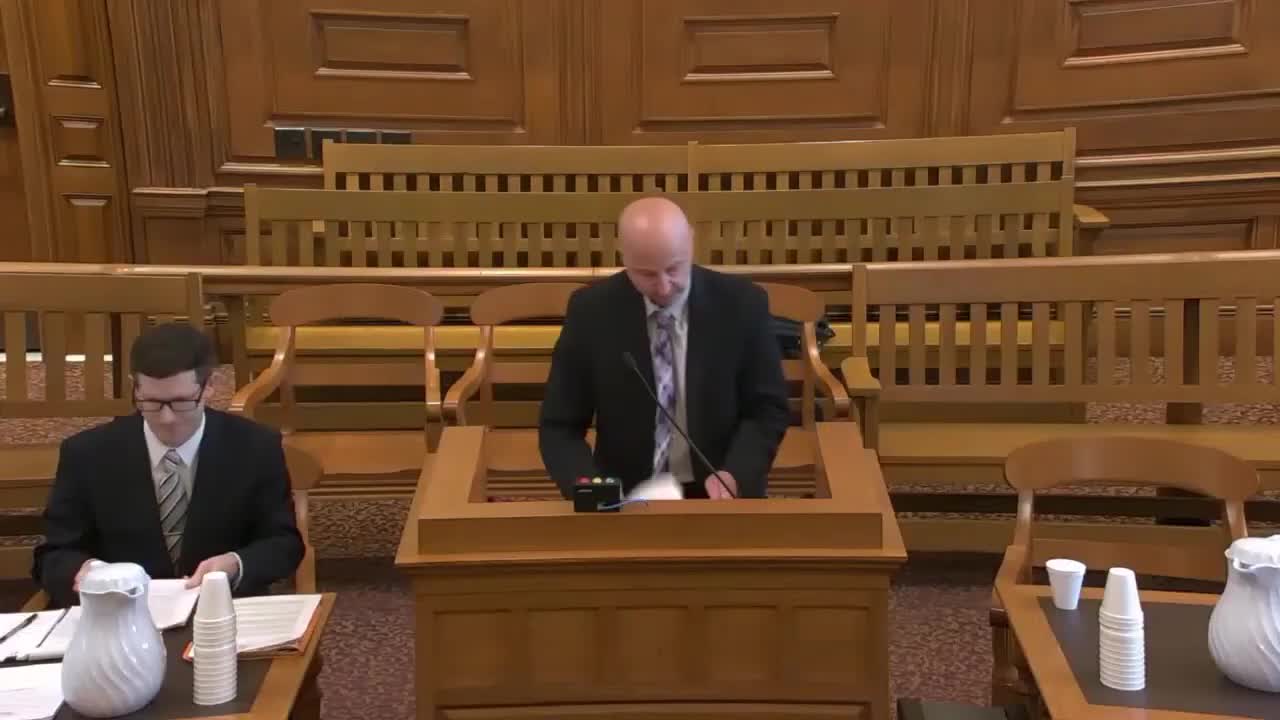Article not found
This article is no longer available. But don't worry—we've gathered other articles that discuss the same topic.
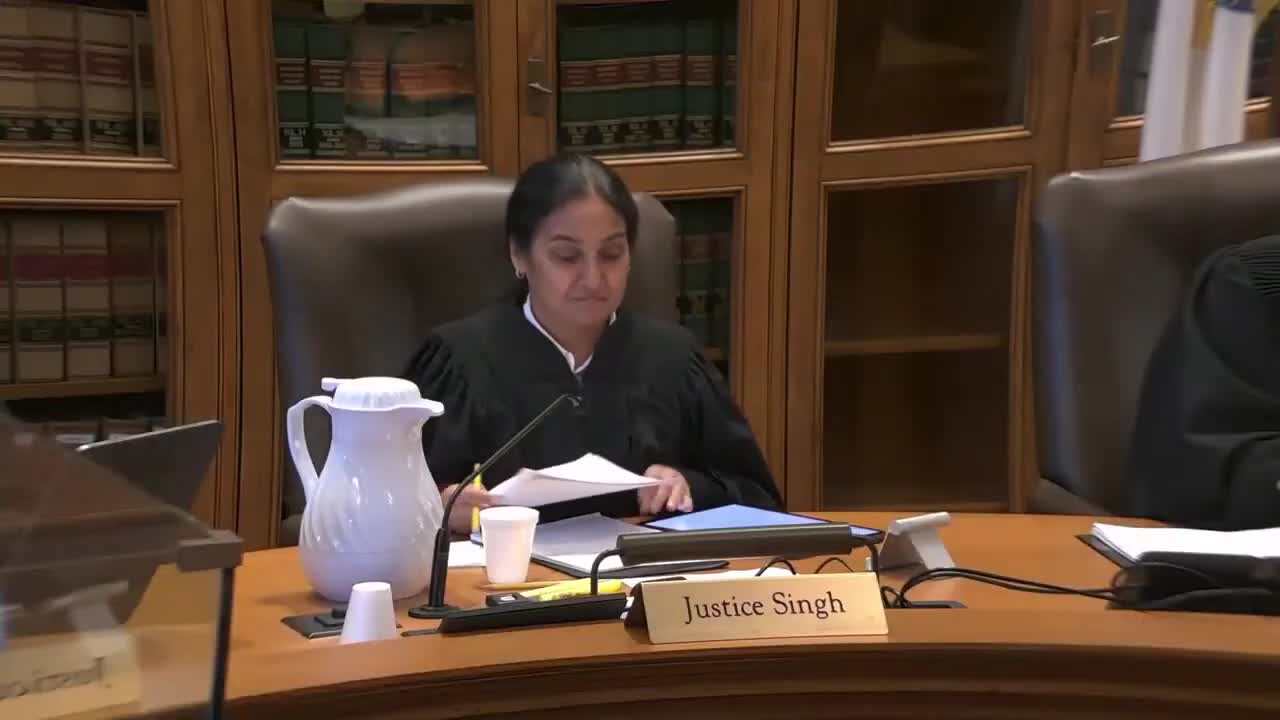
Probate Appeal Challenges Contempt Rulings Over Stock-Option Division and Health Insurance
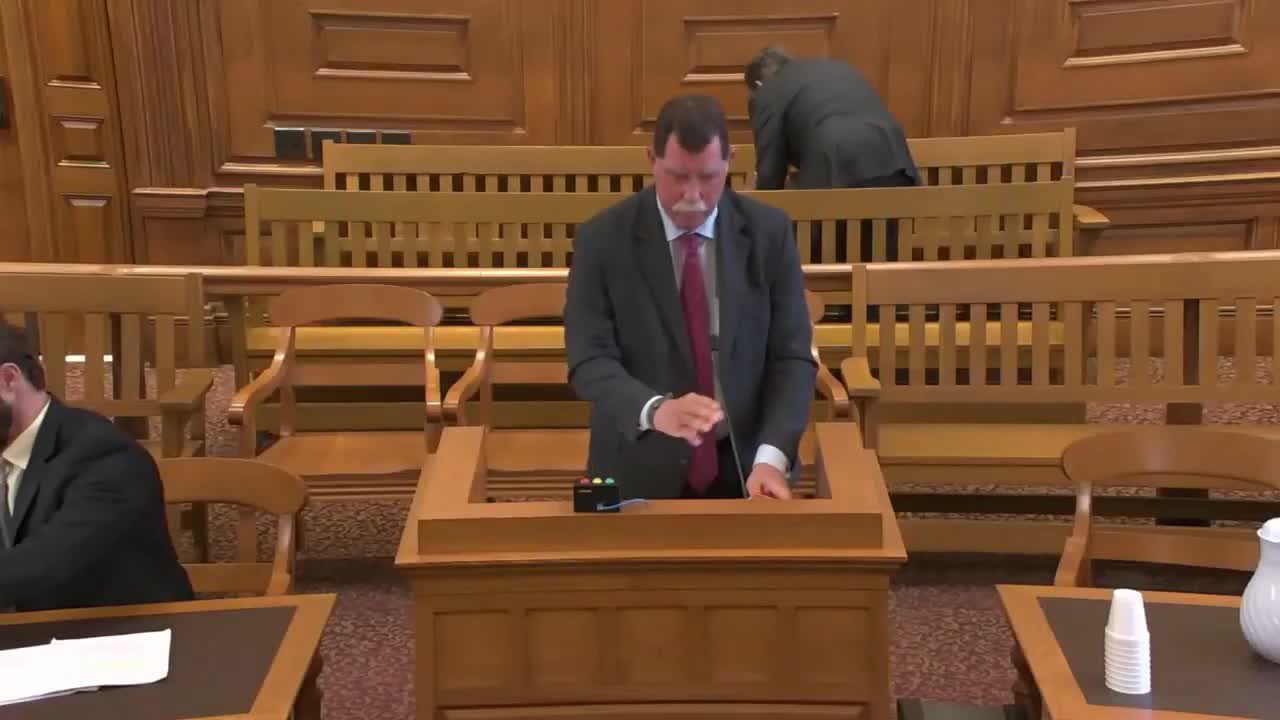
Appeals Court Weighs Request to Reopen Settlement Over Retirement-Credit Contingency
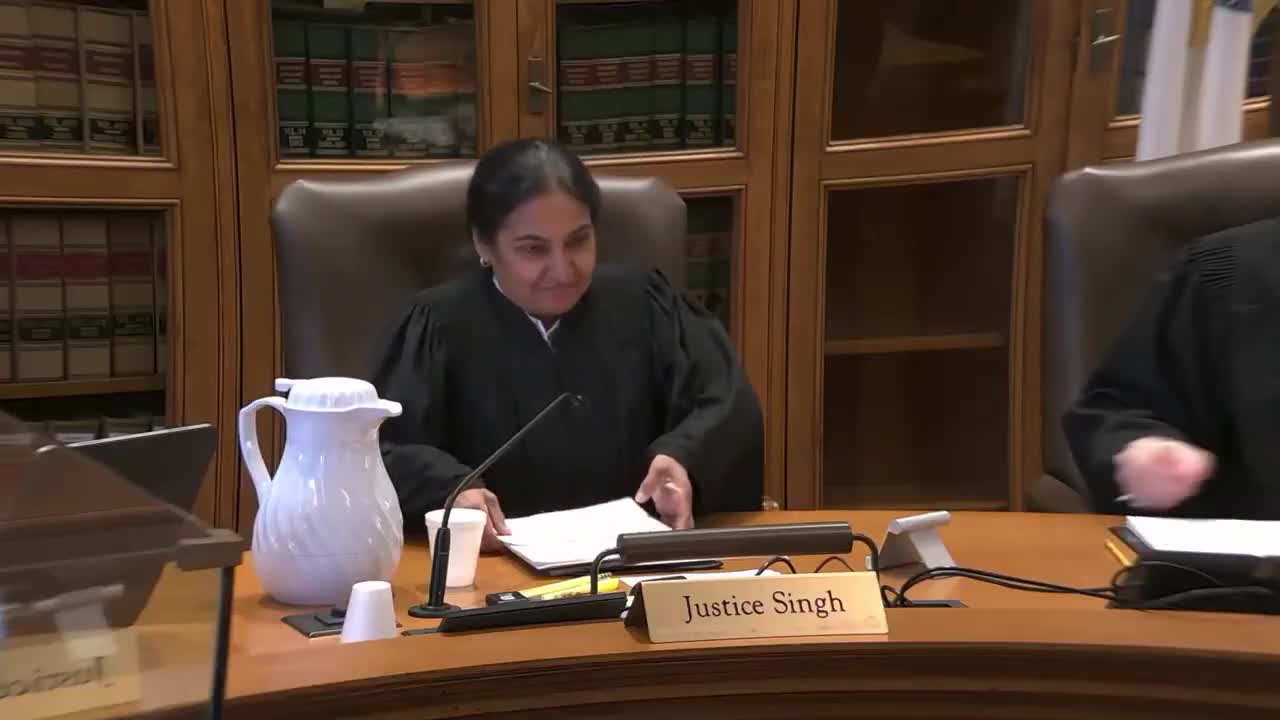
Town of Dennis Defends Bylaw Interpretation in Appeals Court Over ‘Matured Rights’
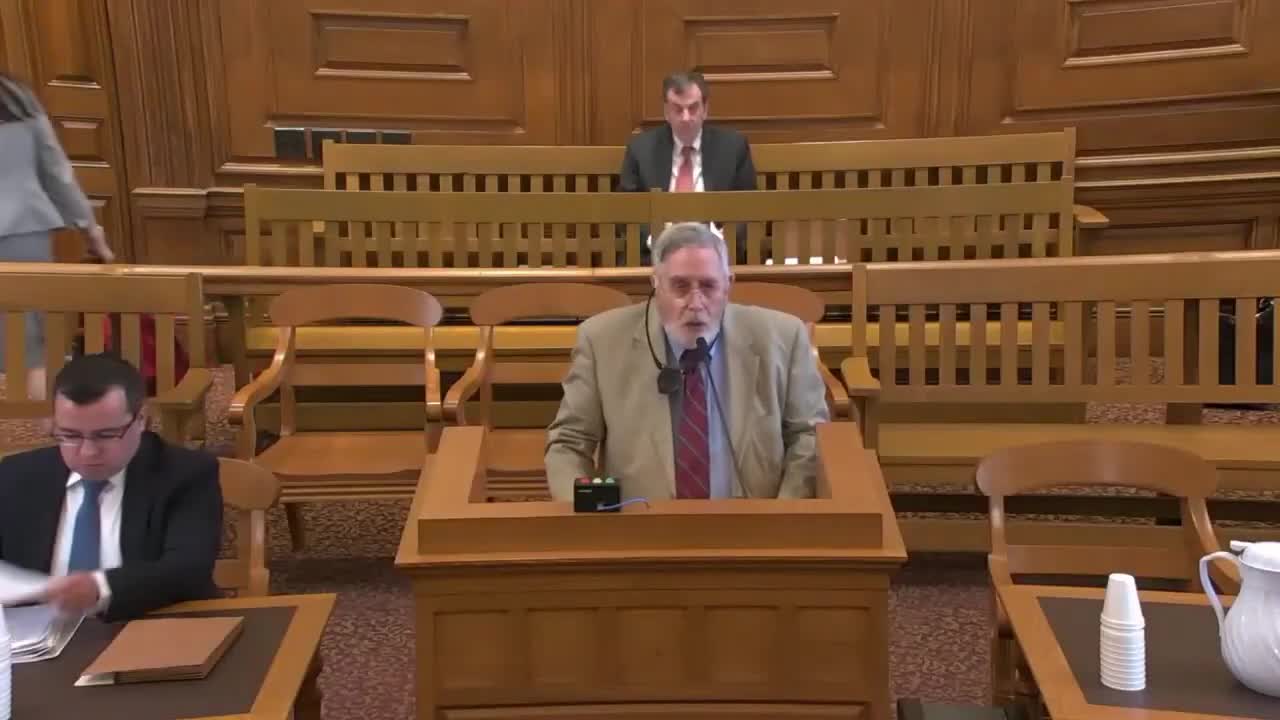
Appeals Court Asked to Review Evidence Rulings in Jail-Search Civil Trial
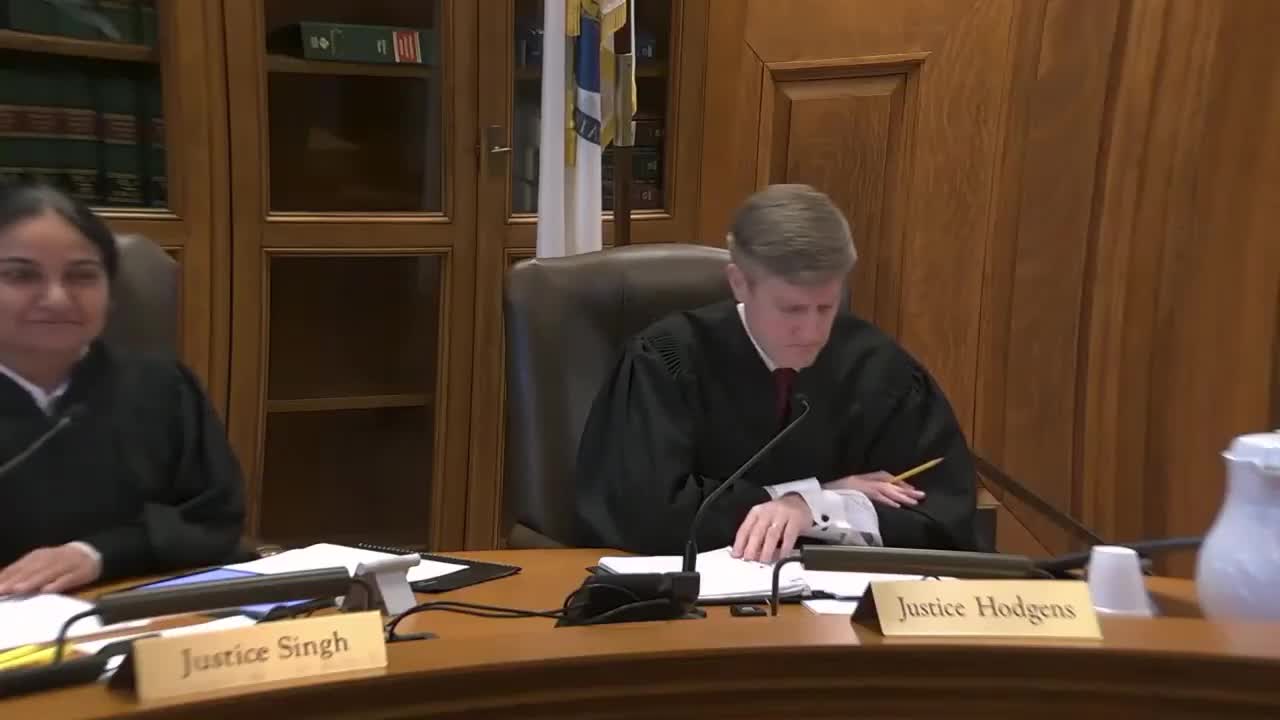
Appeals Court Questions How Pandemic-Era Equity Payouts Should Count for Alimony
